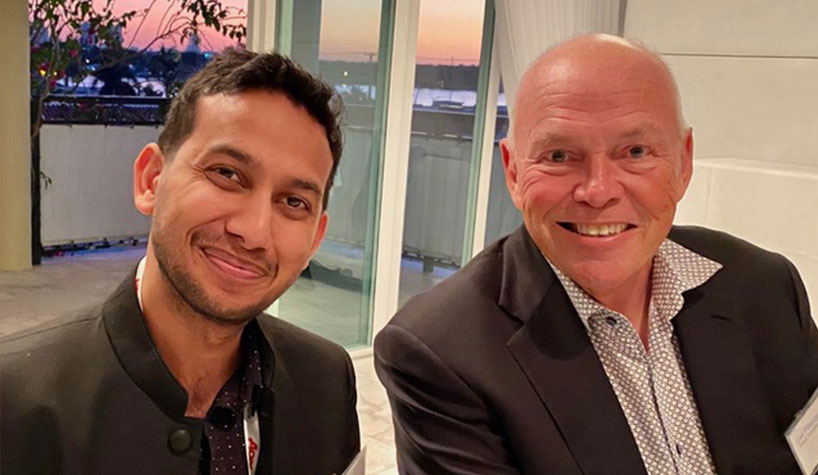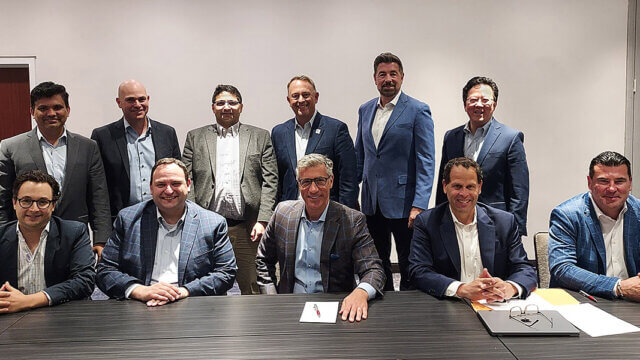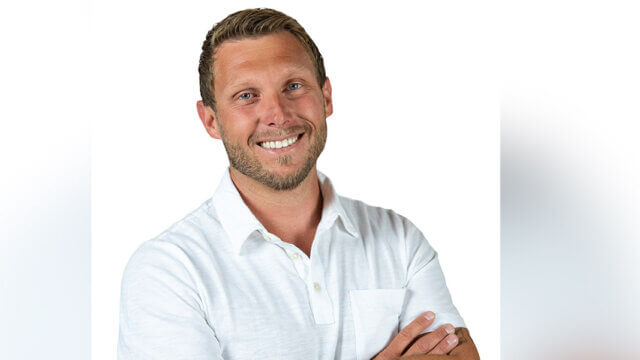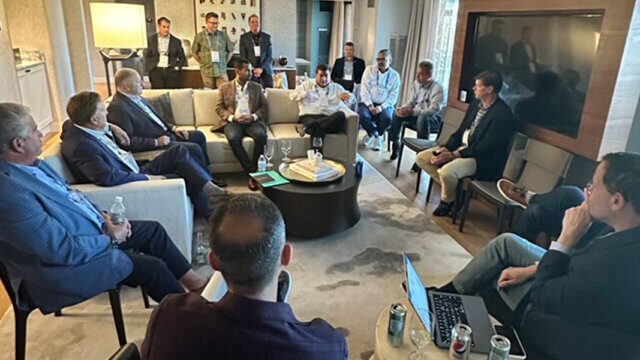FORT LAUDERDALE, FL—Hotel operators continue to underestimate the support brands can provide to under-performing assets, said Ritesh Agarwal, founder of OYO Hotels & Homes, the second largest and fastest-growing hospitality chain of leased, franchised, operated and managed hotels in the world. The comments came during a closed door roundtable discussion with industry veteran Lee Pillsbury here. The event was produced by Travel Conversations LLC.
“When we think about underlying mid-market challenges across the world, the problems are the same,” Agarwal said. “These properties are not managed well, they aren’t using data for daily decisions, and they have capital needs that hamper their cost structure. Band-aid solutions cost you more in the future. Our goal is to fix these underlying assets using smart risk-management strategies, however we need to.”
Oyo made a name for itself in India, where Agarwal’s company tapped into data science to invest heavily in budget and economy hotels’ interior design, operating efficiencies and technology, improving revenue management practices on a property-by-property basis.
Pillsbury continues to retain optimism for the U.S. real estate and hospitality markets, where fundamentals remain strong despite fears of oversupply. Agarwal shares his confidence, with Oyo officially entering the U.S. market this past July.
“When we came to the U.S. for the first time, we saw a few things that excited us,” Agarwal said. “Fundamentally, we saw many assets that needed capital, particularly in the midscale and economy segments. They have PIPs coming, and they need to refinance these assets, but how do they do that when they must invest in PIPs? We realized we needed to do a lot more to provide value to asset owners. Now, we have upgraded 200 hotels and equipped them with dynamic pricing technology.”
The Travel Conversations event saw Agarwal and Pillsbury address innovation, disruption and challenges going into 2020 during a roundtable attended by more than 20 senior hospitality and real estate executives from companies such as Radisson Hotel Group, Choice Hotels International Inc., Highgate Ventures, Softbank Investment Advisers, and more.
The ending of the current cycle was an early topic of conversation, with Pillsbury providing a trenchant overview of where the industry has been in the past ten years and is going.
Agarwal stated that outside of black swan events, the industry is expected to stay on track. “As long as any dips in RevPAR remain above hotel revenue, we are good,” he said. “Historically, with the last few recessions, that was the case.”
Even so, simply staying the course will require investment. As Pillsbury pointed out, new hotels historically win out over the old. Elevating aging properties with modern design and technology are the keys to increasing revenue and remaining competitive in the long term.
“In some competitive sets, when you get out of bed in the guestroom, you put your shoes on,” he said. “Can you take a property like that and bring it up to the equivalent of a new hotel at a reasonable price? That is the key here.”
One element Oyo struggles with is classification, with Agarwal reluctant to call the company a customer relationship management firm or an asset provider. Neither definition seems to stick, and Agarwal is content to let the market provide a label for him.
“Today, we reside somewhere in the middle. We are focused on doing whatever we need to do to reach the consumer. If that means we become an asset-ownership business, so be it, Agarwal said. “As long as consumers are happy and paying an improved RevPAR, I am happy to be called anything.”
For more exclusive coverage, check out the Dec. 15 issue of Hotel Business.



